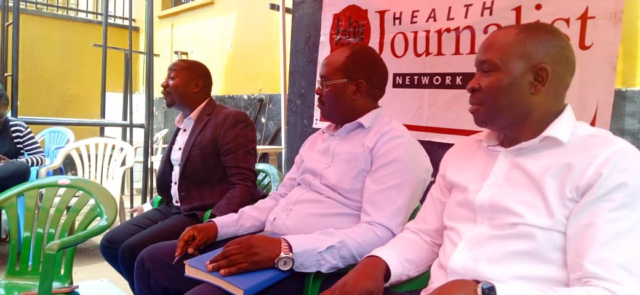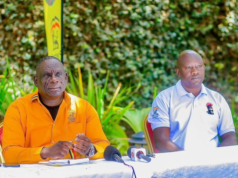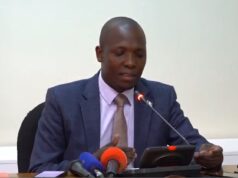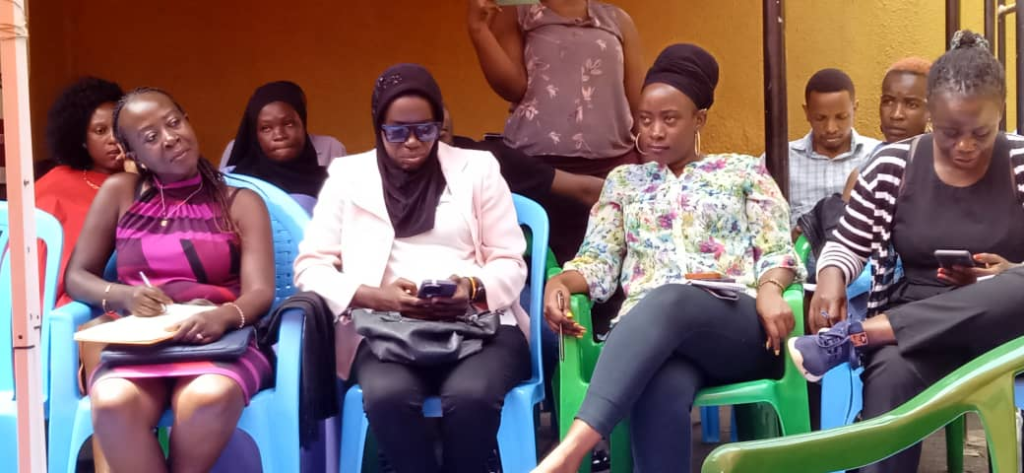
Journalists face a unique set of challenges, including financial ones. The nature of the industry with unpredictable income and competitive job market leading to financial instability.
It’s unfortunately a common struggle in the journalism industry. Despite the long hours and hard work, many journalists face financial challenges due to factors like low pay, job instability, and the evolving media landscape.
People might wonder about this despite journalists busy schedules and hard work, factors like stagnant wages, limited opportunities for advancement, and the shifting media landscape can contribute to their remaining at the same level for extended periods.
The public perception of journalists as being well-off or financially stable due to their visibility in the media doesn’t always reflect the reality of their financial struggles behind the scenes. It’s important to recognize the challenges they face and support efforts to improve conditions within the industry.
Due to the current situation in the Media industry where jobs disappear everyday and journalists find themselves with no fall back positions , The Health journalists Network in Uganda organised around table discussion and invited expert journalists who have successfully transitioned with Freelancing or balancing journalism with other ventures for financial sustainability.
This was aimed at encouraging working journalists to consider additional income streams for their financial improvement, also empowering journalists to think beyond the traditional newsroom model and explore opportunities to become entrepreneurs or freelancers.
During the round table discussion that took place at Health Journalists Network in Uganda ( HEJNU) Ester Nakazzi, along serving health journalist and one of the founders of HEJNU noted that Diversifying income streams can provide journalists with more financial stability and flexibility. By engaging in additional ventures alongside journalism, such as freelance writing among others, journalists can supplement their income and build a more sustainable career.
“It is not about sitting in the Newsroom comfortably and think thats the end of the world.”Ester emphasised.
Director of Forna Health Foods now known as Aunt Porridge Hirary Bainemigisha noted that we are in a modern commercial world where money is needed although it is not only money that is important.
He advised journalists make good friends such as friends from Police, Army, URA, KCCA among others to help them during emergencies and any challenges that may come their way especially in their businesses.
The Executive Director for Human Rights Network for Journalists Robert Sempala cautioned journalists to play acritical role in defending human rights while also highlighting the complexities involved. It’s a reminder of the responsibility journalists have to report accurately and ethically, balancing the need for transparency with considerations of safety and potential harm.
This highlights the importance of ethical journalism and the need for journalists to carefully weigh the implications of their reporting on human rights issues.
Sempala advised journalists to package themselves in a way that can present them to people to give them money and improve on their earning in journalism.
“Journalists are not poor, Iam a journalist and a rich man. “Says Solomon Serwanja, a Ugandan Investigative journalist and the Executive Director African Institute for Investigative Journalism
Solomon challenged journalists to use what they have to get what they don’t have such as making money from the news they cover.
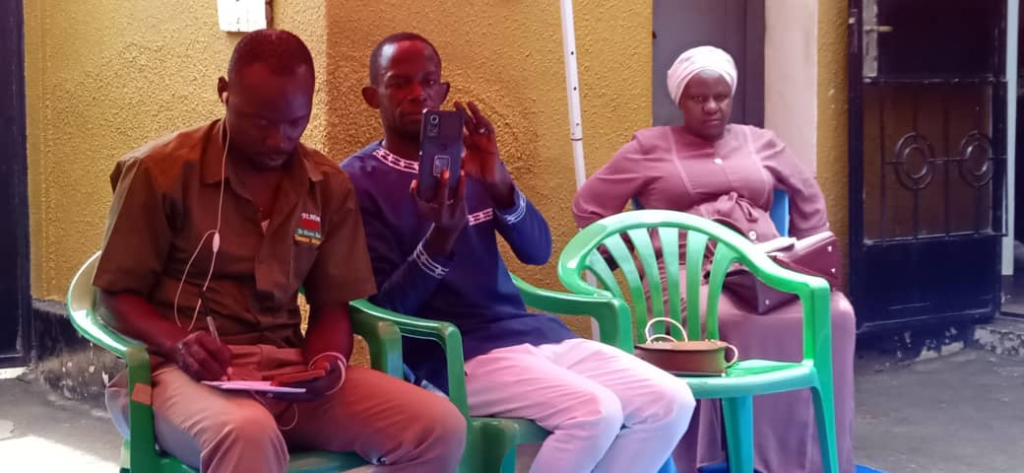
However, he challenged them to package themselves in the manner that adds value to them so that they can attract money sources towards them. he sited dressing smartly, descently and in a presentable appearance, as this makes someone worth.
In the same way, Halimah Athumani, a freelance journalist corresponding for Voice of America- Africa Desk gave journalists hope that they can make it in life since she started from zero and managed to push. Halima expressed that she started journalism before she sat into journalism classes but because of her confidence and passionate, she managed to grow from one level to another.
Halima’s encouragement emphasizes the importance of continuous learning and personal development for journalists. By staying informed, honing their skills, and producing high-quality work, journalists can position themselves to seize opportunities and adapt to the ever-changing media landscape


